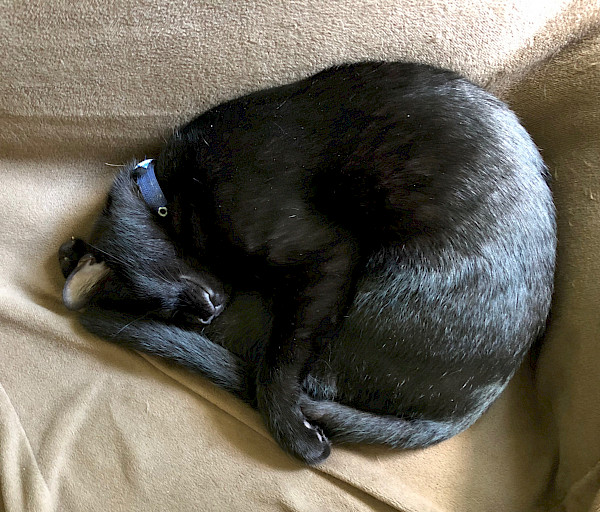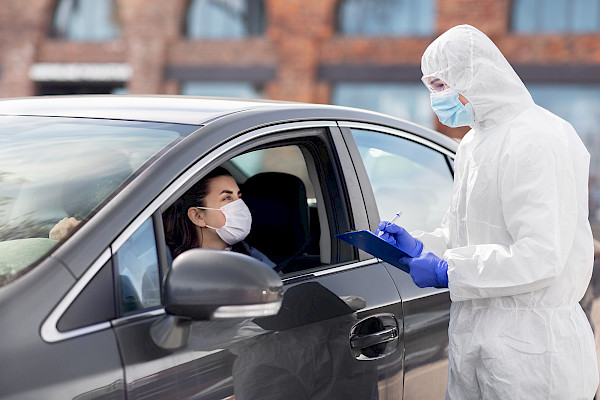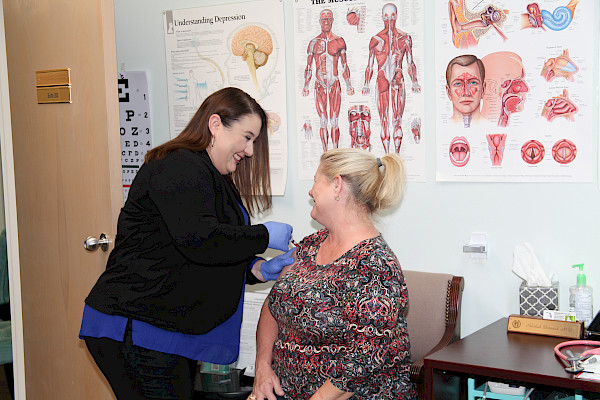
Now more than ever, it's crucial to get your sleep!
Sleep deprivation at the time of vaccination has been found to attenuate antibody response to immunizations.
In one study, a group of healthy volunteers was vaccinated against influenza A on the morning following four nights of restricted sleep (1-5 AM sleep time). This group received two additional nights of sleep restriction following the vaccination. A control group of healthy volunteers whose sleep was not restricted also received the vaccine. Ten days post-vaccination, the mean antibody titers in the subjects who were immunized in a state of sleep deprivation were less than half those measured in the subjects with regular sleep times.
With a period of sleep recovery, the good news is that differences in antibody titers between the group that had been sleep-deprived and the control group was no longer significant three to four weeks post-vaccination. Nevertheless, this study points to sleep behaviors one might adhere to in the immediate period before and the first few weeks after vaccination to maximize vaccine benefits.
Spiegel K, Sheridan, JF, Van Cauter E. Effect of sleep deprivation on response to immunization. JAMA 2002;288(12);1471-1472.


With #FLU season already here, the #CDC recommends the public to be alert for symptoms such as: #runnynose and watery eyes, #cough, #fever, #MuscleAches, and #malaise, among others.
If so, patients should have testing with the *new Flu-SC2 Multiplex Assay. This allows to test at the same time for infection caused by any one of the 3 viruses: SARS-CoV-2 (#Covid-19), #Influenza A and Influenza B.


It's FLU SHOT time! The good news: physical distancing, handwashing, and mask wearing seems to have decreased the rates of flu in Australia, so hopefully we will see the same low incidence of cases. But you can further decrease your chances of getting influenza by getting your flu shot. I already got mine!
